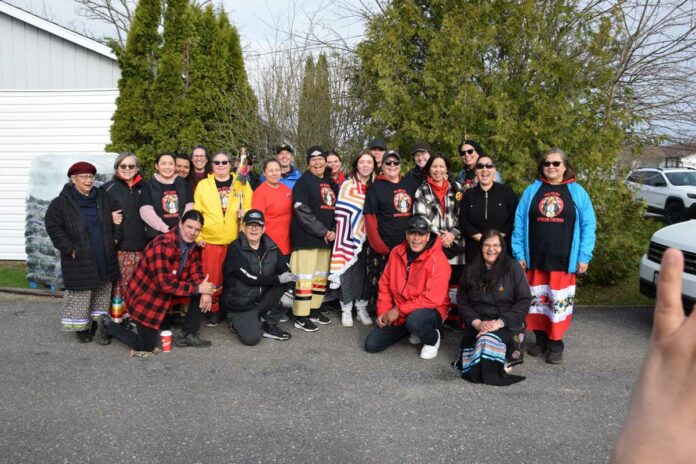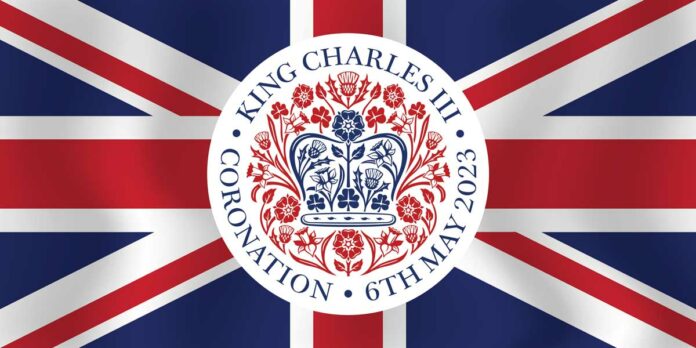M’CHIGEENG—A group of First Nations police forces in Ontario, including the UCCM Anishnaabe Police Service (UCCM APS), is suing the federal government as it has stopped providing funding to the police due to an impasse in negotiations. The curtailment of funds threatens the continued operations of the police services.
James Killeen, chief of police for the UCCM APS told The Expositor on Friday that as of March 31, the tripartite funding agreement (including the UCCM APS, the federal and Ontario government) expired. Now the federal government has discontinued funding to three police services, the UCCM APS, Treaty Three Police Service and the Anishinabek Police Service, because the three police services have not signed a new police agreement.
The three police services have now filed an expedited judicial order to flow federal funding.
Chief of Police Killeen advised that, “across Canada, only First Nations policing has funding that is stopped or threatened to be cut off when an agreement expires. This is not something that is experienced with federal (RCMP), provincial or municipal police services. It is very distinct to First Nation policing. It makes no sense, and it causes a lot of anxiety for our officers and community members.”
The Globe and Mail reported May 5 that documents filed in federal court last Wednesday by the Indigenous Police Chiefs of Ontario, which represents the province’s nine Indigenous-run police forces, acknowledged the three police forces have stopped received federal government funding. Their operations are paid for through the First Nations and Inuit Policing Program, a federally administered program under which the federal government shares the costs of policing in Indigenous communities with provincial governments.
The Expositor previously reported that the program is plagued by funding shortages and other problems. The federal government has said it is preparing legislation that would create a new financial system for Indigenous policing, but the plan has not yet materialized.
The group’s legal action seeks an expedited judicial order directing the federal government to give funds to the affected reserves, which the court filing says are already dealing with “high crime rates, addictions and mental health challenges.”
The three affected First Nations police forces had funding contracts that expired on March 31. Negotiations for new contracts have broken down, according to the filing, and the police chiefs say their forces don’t receive any new money without agreements in place.
These police forces note in the court document that they are now using their last remaining funding. But the bigger concern is that their offices may soon stop patrols if no one can pay their salaries. Chief of Police Killeen said, “We have probably enough funds to continue for three months.”
“Once funding evaporates for these services, the consequences will be immediate and profound: 45 First Nations communities, with approximately 30,000 individuals, will no longer have access to police services,” the court filing says.
In their lawsuit the police chiefs say the federal government’s actions are unlawful because a federal human rights tribunal ruled last year that Canada discriminates against First Nations by underfunding policing. This means the government has a legal obligation to ensure there is always “policing at a standard comparable to what is available in non-Indigenous communities,” the court filing states. The government has not yet filed a response.
As has been reported, in negotiations to date, the three police forces have opposed a federal policy that seeks to place limits on what the funding can be used for. The police chiefs say the policy prevents First Nations from accessing specialized policing services.
The UCCM APS is one of nine First Nations police services to have filed a complaint to the Canadian Human Rights Tribunal on the chronic underfunding of their police service. They are one of three First Nation police forces that launched the complaint and one of the three who are actively involved.
Treaty Three Police Service Chief Kai Liu, president of the Indigenous Police Chiefs of Ontario, told the Globe and Mail that a fix is needed urgently. “Unless we have a surplus, or money in the bank or some form of live credit, all operations come to a complete stop,” he said. He said his force has not run out of money yet. If it does, he said, it is likely that the Ontario Provincial Police would try to fill any policing gaps.
The Globe reported Police Chief Liu wrote Prime Minister Justin Trudeau last week to ask him to intervene. “Since the funds for these three services are running out and a public safety crisis looms, we are resorting to the federal court on an emergency basis,” the letter says. The Prime Minister’s Office referred questions to the office of Public Safety Minister Marco Mendicino. His office in turn directed questions to Public Safety Canada, which did not immediately provide a response.
Lawyer Julian Falconer, who is acting on behalf of the Indigenous Police Chiefs of Ontario said the group is trying to negotiate an interim one-year extension of the expired funding agreements, the Globe and Mail is reporting.





